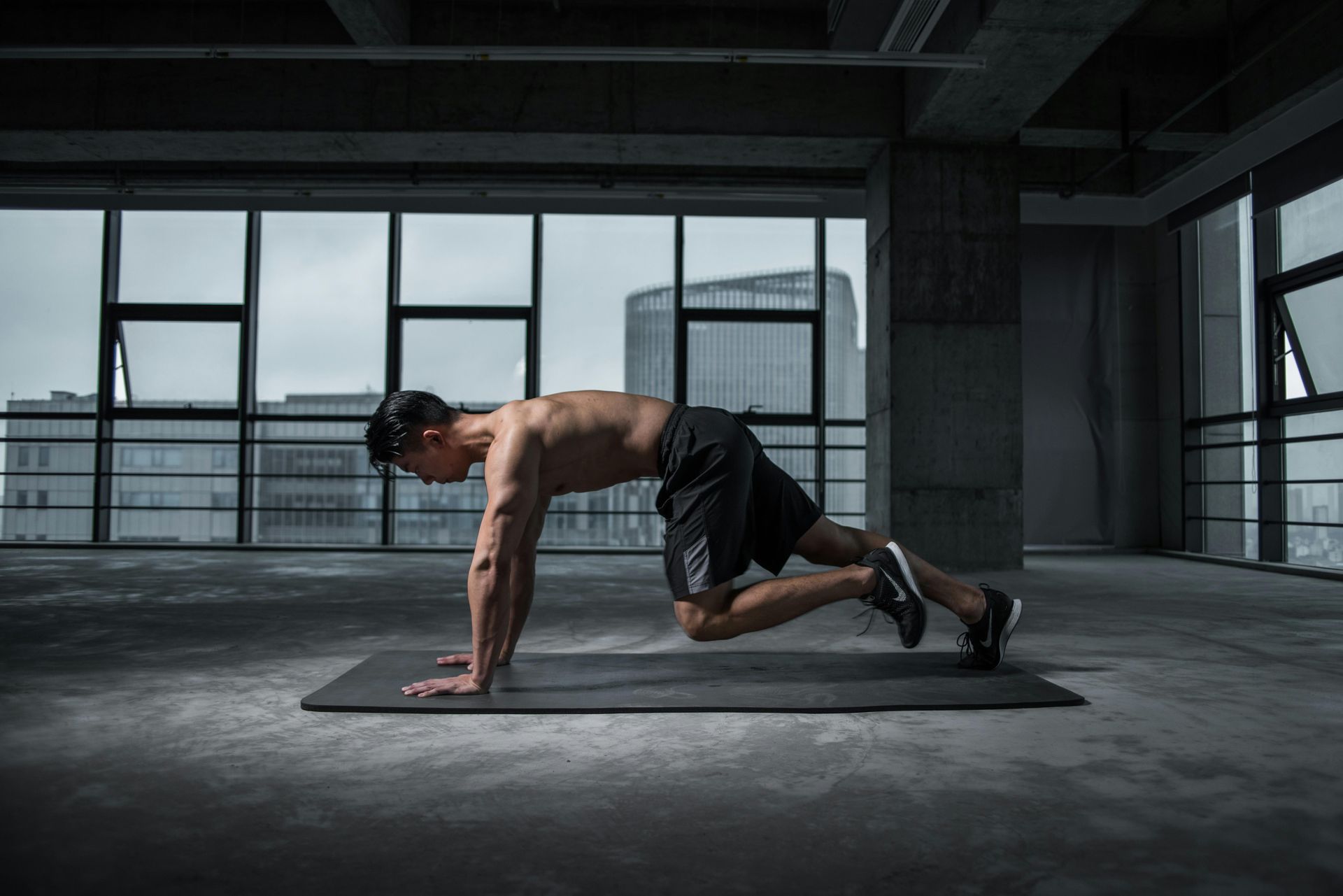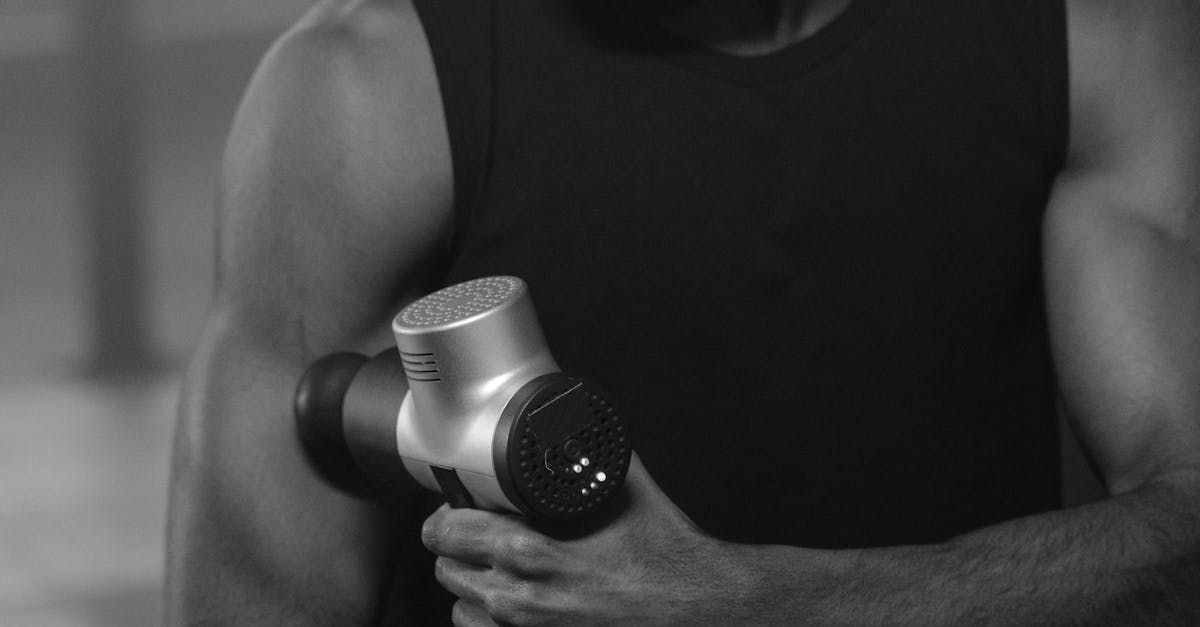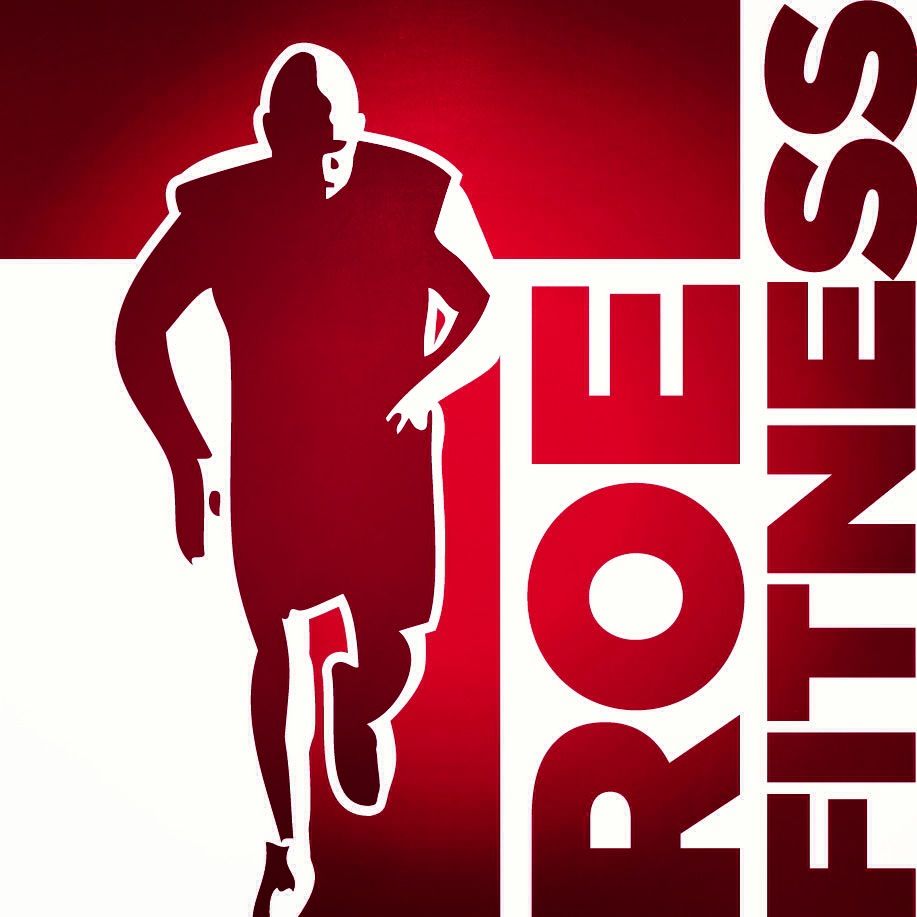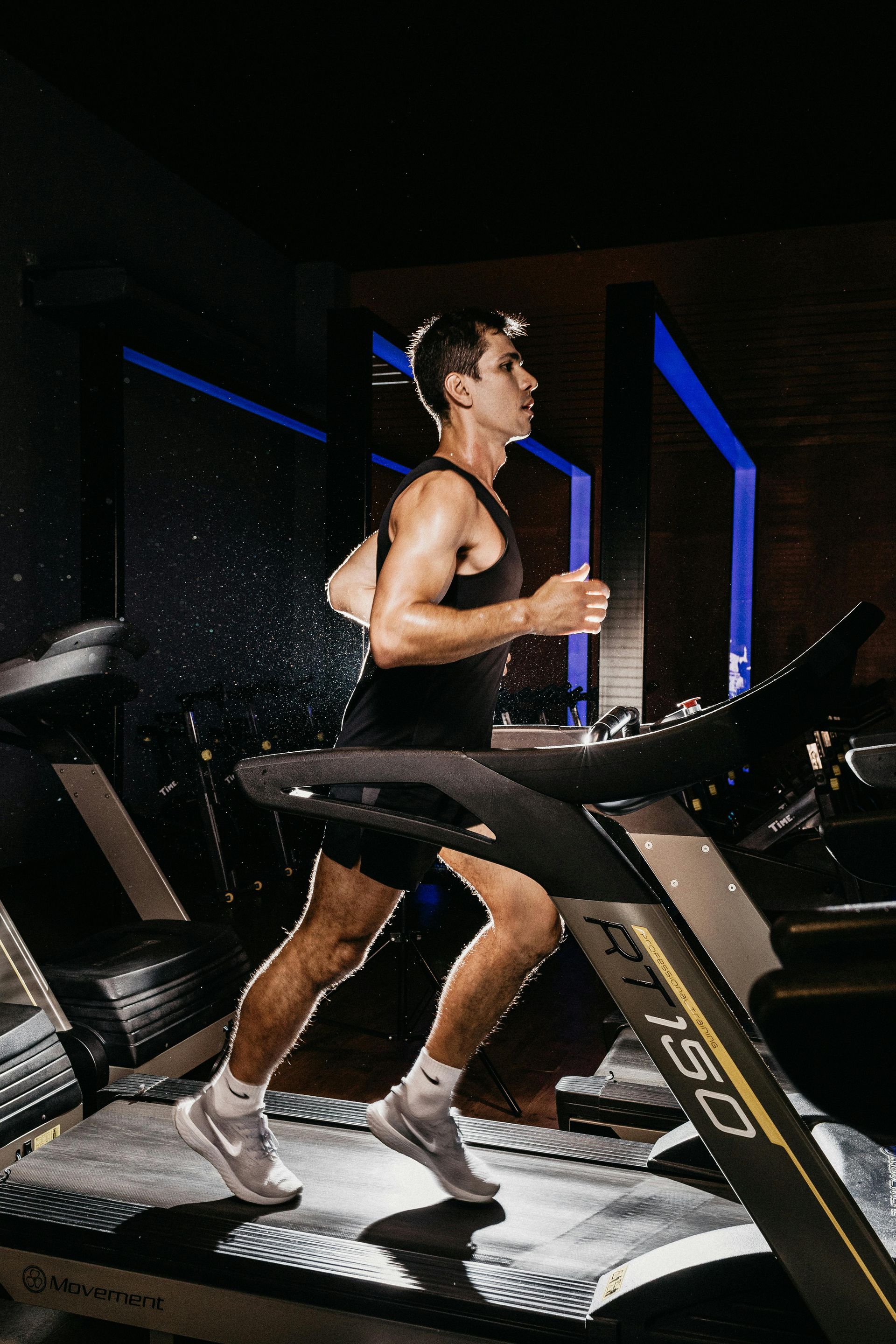How Fitness Can Help Your Mental Health
This is a subtitle for your new post

In a world where stress, anxiety, and depression have become increasingly prevalent, the search for effective coping mechanisms and pathways to well-being is more crucial than ever. While therapy and medication play vital roles in mental health treatment, there's a growing recognition of the profound impact that physical activity can have on our emotional and psychological well-being. Exercise is not merely about physical fitness; it's a powerful tool that can help us break free from the grip of anxiety and depression, fostering resilience, boosting mood, and enhancing our overall quality of life.
The Mind-Body Connection: Understanding the Interplay of Movement and Mood
The link between physical activity and mental health is deeply rooted in our biology. When we engage in exercise, our brains release a cascade of chemicals, including endorphins, dopamine, and serotonin, which have mood-boosting and stress-reducing effects. Endorphins, often referred to as "natural painkillers," can create a sense of euphoria and well-being, while dopamine and serotonin play crucial roles in regulating mood, sleep, and motivation.
Exercise also helps to reduce levels of cortisol, the stress hormone that can contribute to anxiety and depression. By lowering cortisol levels, exercise can help calm the nervous system, reduce feelings of tension and overwhelm, and promote a sense of relaxation and well-being.
Furthermore, exercise can serve as a form of mindfulness, shifting our focus from worries and ruminations to the present moment. Engaging in physical activity requires concentration and focus, diverting our attention from negative thought patterns and allowing us to connect with our bodies and the sensations of movement. This mindful engagement can be incredibly therapeutic, promoting a sense of grounding and reducing the grip of anxiety and depression.
Exercise as a Therapeutic Tool: Benefits Beyond the Physical
While the chemical and neurological effects of exercise on the brain are well-documented, the benefits of regular physical activity extend far beyond these physiological changes, offering a profound impact on our mental and emotional landscape.
Exercise can be a powerful tool for boosting self-esteem. Achieving fitness goals, no matter how small, can foster a sense of accomplishment and boost self-confidence. Whether it's running that extra mile, lifting a heavier weight, or simply completing a workout routine, these achievements contribute to a sense of self-efficacy and mastery. Feeling stronger, fitter, and more capable can have a positive ripple effect on your self-image and overall well-being, empowering you to approach challenges with greater confidence and resilience.
Furthermore, exercise can be a valuable ally in the battle against sleep disturbances, a common symptom of anxiety and depression. Regular physical activity can help regulate your sleep-wake cycle, promoting more restful sleep and reducing insomnia. By expending energy and promoting physical fatigue, exercise prepares your body for a deeper and more restorative sleep. Quality sleep, in turn, is essential for mental and emotional restoration, allowing your mind and body to recharge and rejuvenate, equipping you to face the challenges of the day with renewed energy and focus.
While it might seem counterintuitive, expending energy through exercise can actually increase your overall energy levels. Regular physical activity can combat fatigue, a common symptom of depression, and boost your vitality, making you feel more energized and motivated to engage in life. Think of it as jump-starting your internal engine, revitalizing your body and mind, and providing the fuel you need to pursue your passions and embrace life's opportunities.
Exercise has also been shown to enhance cognitive function, sharpening your mind and improving your ability to think clearly, remember information, and make sound decisions. This can be particularly beneficial for those struggling with depression, which can often impair cognitive function and make it difficult to concentrate and focus. By engaging in regular physical activity, you're not only strengthening your body but also enhancing your mental agility and clarity, promoting a sharper mind and a more focused outlook.
For those experiencing social isolation or loneliness, common factors associated with depression, exercise can provide a valuable opportunity for social connection and support. Engaging in group fitness classes or team sports can foster a sense of community, belonging, and shared purpose. The camaraderie and encouragement of others can be a powerful antidote to loneliness, providing a sense of connection and belonging that can significantly impact your mental well-being.
In a world where so much feels uncertain and beyond our control, exercise can provide a sense of agency and empowerment. Setting fitness goals and working towards them can foster a sense of accomplishment and control, reminding you that you have the power to influence your own health and well-being. This sense of agency can be particularly valuable for those struggling with anxiety or depression, empowering them to take charge of their lives and navigate challenges with greater resilience and self-assurance.
In essence, exercise is not merely a means to physical fitness; it's a therapeutic tool that can profoundly impact your mental and emotional well-being. By incorporating regular physical activity into your life, you're not only strengthening your body but also cultivating a more resilient, balanced, and empowered mind, better equipped to navigate the challenges of life and embrace its joys.
Finding Your Fitness Groove: Exploring the Diverse Landscape of Movement
The beauty of exercise lies in its versatility. There's no one-size-fits-all approach, and the best type of exercise is the one that sparks your interest, brings you joy, and fits seamlessly into your lifestyle. Whether you find solace in the rhythmic strides of a brisk walk, the expressive movements of dance, the gentle resistance of water in swimming, the exhilarating freedom of cycling, the empowering challenge of strength training, or the mindful flow of yoga, the key is to discover activities that resonate with your soul and ignite your passion for movement.
Aerobic exercise, with its heart-pumping and breath-quickening intensity, is a cornerstone of physical and mental well-being. Activities like running, swimming, cycling, or dancing elevate your heart rate, increase your breathing rate, and deliver a surge of oxygen and nutrients to your muscles and brain. This cardiovascular boost not only strengthens your physical health but also has profound effects on your mental state. Aerobic exercise has been shown to be particularly effective in reducing anxiety and depression symptoms, promoting the release of endorphins, those natural mood elevators, and improving cardiovascular health, reducing your risk of heart disease, stroke, and other chronic illnesses.
Strength training, often associated with building muscle and sculpting physiques, offers a wealth of benefits that extend beyond the physical realm. Lifting weights, using resistance bands, or engaging in bodyweight exercises not only enhances your physical strength and physique but also has profound mental health benefits. Strength training can boost your self-esteem, improve your body image, and even reduce symptoms of depression. The feeling of empowerment that comes with lifting heavier weights, mastering new exercises, and witnessing your body transform can have a profound impact on your self-perception and overall well-being.
Yoga and Pilates, ancient practices that have gained modern popularity, offer a holistic approach to fitness, combining physical postures, breathwork, and mindfulness to promote flexibility, strength, and relaxation. These mind-body practices have been shown to reduce stress, anxiety, and depression symptoms, while also improving body awareness and promoting a sense of calm and well-being. The flowing movements of yoga and the precise control of Pilates can help you connect with your body, quiet your mind, and cultivate a sense of inner peace and harmony.
And let's not forget the restorative power of nature. Spending time outdoors, immersed in the sights, sounds, and smells of the natural world, has been shown to have significant mental health benefits. Activities like hiking, gardening, or simply taking a walk in the park can reduce stress, improve mood, and enhance feelings of connection to the natural world. The fresh air, the sunlight, and the tranquility of nature can soothe your soul, calm your mind, and provide a much-needed respite from the stresses of daily life.
Finding your fitness groove is about exploring the diverse landscape of movement and discovering activities that resonate with your individual needs, preferences, and goals. Whether you seek the exhilaration of aerobic exercise, the empowerment of strength training, the serenity of mind-body practices, or the restorative power of nature, the key is to embrace movement as a source of joy, challenge, and well-being.
Incorporating Exercise: A Gradual Path to Sustainable Fitness
While the benefits of exercise for mental and physical well-being are undeniable, incorporating it into your routine can sometimes feel like scaling a mountain, especially if you're already grappling with the weight of anxiety or depression. But just as a journey of a thousand miles begins with a single step, the path to fitness can be navigated gradually and sustainably, with a focus on self-compassion, realistic goals, and the joy of movement.
Don't feel pressured to transform into an Olympian overnight. Start small, with manageable sessions that fit comfortably into your schedule and energy levels. Even a 10-minute walk can make a difference, providing a gentle introduction to physical activity and a stepping stone to greater fitness aspirations. As your fitness improves, gradually increase the duration and intensity of your workouts, allowing your body to adapt and grow stronger without feeling overwhelmed.
Remember, exercise shouldn't feel like a punishment or a chore. Choose activities that spark your interest and bring you joy. Whether it's dancing to your favorite music, hiking in nature, or joining a sports team, the key is to find activities that resonate with your soul and make you want to move. When exercise becomes a source of pleasure rather than a burden, it's easier to stick with your routine and reap the long-term benefits.
Setting realistic goals is crucial for staying motivated and tracking your progress. Start with small, attainable goals that you can build upon as your fitness improves. Perhaps it's walking for 15 minutes three times a week, or completing a beginner's yoga class twice a week. These small victories, achieved consistently, can build momentum and fuel your desire to continue your fitness journey.
Consistency is the cornerstone of any successful fitness routine. Make exercise a habit by scheduling regular workout sessions and treating them as important appointments that you wouldn't miss. Just as you prioritize brushing your teeth or eating regular meals, prioritize your physical activity, carving out dedicated time for movement and making it an integral part of your daily or weekly routine.
Finding a workout buddy can also be a powerful motivator. Exercising with a friend or family member can provide encouragement, support, and accountability. It can also make your workouts more enjoyable and social, transforming them into opportunities for connection and shared experiences.
And most importantly, be patient and kind to yourself throughout your fitness journey. Don't get discouraged if you miss a workout or experience a setback. Progress is not always linear, and there will be days when motivation wanes or life throws unexpected challenges your way. Be kind to yourself, acknowledge your efforts, celebrate your successes, and keep moving forward, one step at a time.
By embracing these principles and cultivating a positive and sustainable approach to fitness, you can unlock the transformative power of exercise, not only for your physical health but also for your mental and emotional well-being. Remember, the journey to a healthier, happier you is a marathon, not a sprint. Embrace the process, celebrate your progress, and enjoy the ride.
Embrace the Power of Movement for a Healthier Mind and Body
Exercise is not just about physical fitness; it's a powerful tool that can transform your mental and emotional well-being. By incorporating regular physical activity into your life, you can break free from the grip of anxiety and depression, cultivate resilience, boost your mood, and enhance your overall quality of life.
Remember, the journey to mental wellness is a marathon, not a sprint. Start small, find activities you enjoy, and be patient with yourself. Embrace the power of movement, and discover the transformative effects it can have on your mind, body, and spirit.










